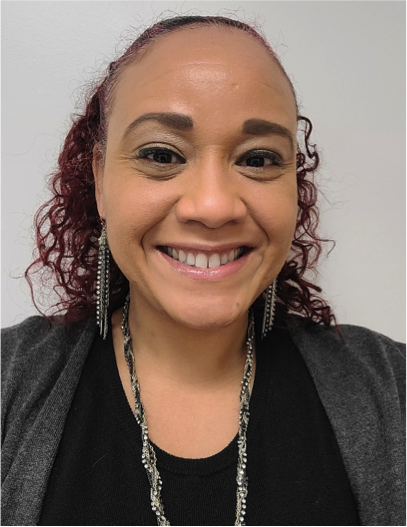
More Mental Health Articles
Surviving the Pandemic

Since the beginning of the pandemic, we have seen an increase in children and adults experiencing anxiety and depression. The pandemic has generated a national unrest and fear. Having this understanding that we are all being impacted differently, it’s important to be aware of the signs that can help with managing symptoms of anxiety and depression. It is important to note that we (humans) all experience some or all of these signs within our lifetime, however when the signs are excessive, changing your ability to function on a daily basis, that’s when you must make a change and get help.
Signs to look out for:
- Changes in appetite – eating too little or too much (stress eating)
- Changes in sleeping patterns – insomnia and or excessive sleeping
- Significant mood changes – emotional highs and lows
- Excessive crying
- Social isolation
- Decrease in preferred activities
- Fatigue
- Excessive worrying
- Somatic Symptoms – Complaints of headaches, stomach pains, pain in order to avoid going to school and or work
Things you can do to minimize symptoms:
- Engage in self-care (take longer baths, getting a massage, drawing, working on a puzzle, listening to music)
- Give yourself some grace – remind yourself that you are doing the best you can with the information you have
- Engage in positive self-talk – be mindful of what you are saying to yourself. There’s a different in saying to yourself, “You are doing the best you can.” versus “You are not doing that right.”
- Move, move, move – engage in physical activities (walking, dancing, hiking, working out, yoga, swimming, etc.)
- Be creative – color, write (use a gratitude journal), draw, sing
- Surround yourself with loved ones – family, friends, and positive social interactions
- Engage in mindfulness practices and meditation
- When needed, seek a professional mental health therapist
If you need information on where to start, here are some resources:
- The Shine App – Provides mental health wellness and meditation
- The Calm App – Provides mediation techniques for sleep and relaxation
- Color Me – Free Adult Coloring Book for Adults App
- https://www.therapistaid.com/worksheets/gratitude-journal.pdf- Gratitude journal
- https://positivepsychology.com/mindfulness-exercises-techniques-activities/ –Provides Mindfulness Grounding Techniques
- Call the National Suicide Prevention Lifeline at 1-800-273-TALK (8255),or text the Crisis Text Line (text HELLO to 741741), when you need someone to talk to if you or a loved one are suicidal.
- https://www.psychologytoday.com/where you can find your local therapist.
Other Articles You May Find of Interest...
- The Challenges of Being an LGBTQ+ Parent
- Embracing Healing: Navigating the Emotional and Physical Journey of Mastectomy Recovery
- Understanding the Role of Support Groups in Personal Development
- Ways To Check On a ‘Mama’ In Your Life
- How to get rid of stress
- The Impact Of Mental Illness
- Healthy Mind In a Healthy Body

















